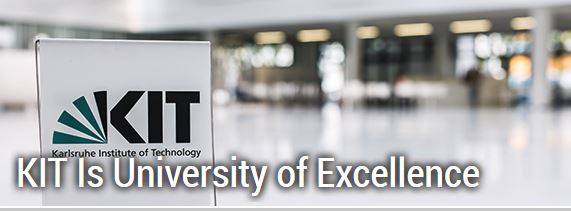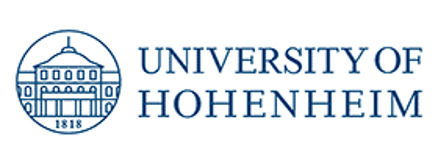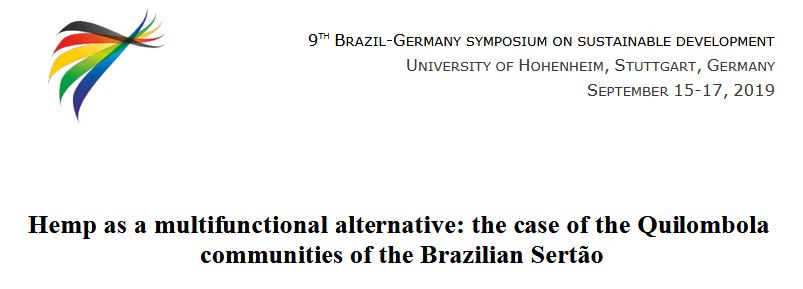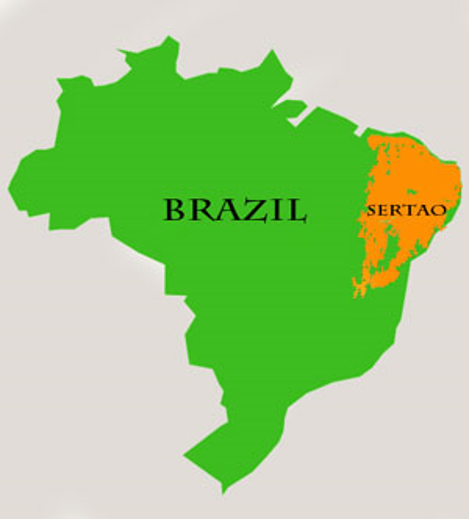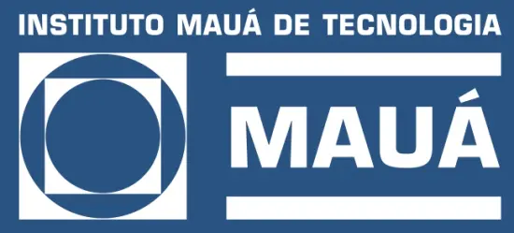In November 2019, I was In Uppsala for the ELLS Student Conference (see article), organized by Swedish University of Agricultural Sciences in Ultuna campus. On the second and last day of the conference, I went to Danilo Crispim Massuela’s poster presentation. I like poster presentation, because the atmosphere is more familiar since you stand all around the poster and the presenter. After his very good presentation, I asked Danilo if he had some spare time to answer a few questions. So, we sat just outside the classroom when everybody had left.
From engineering to agriculture
Danilo Crispim Massuela comes from Brazil. He studied Food Engineering in his bachelor at Mauá Institute of Technology in São Paulo. During his bachelor he was granted a scholarship from the Brazilian Ministry of Science and Technology called Science Without Borders to study one year in a European university. He sent many applications, and he got accepted at Karlsruhe Institute of Technology (KIT) in south-east Germany. He was thrilled to study in Germany because the country has a good reputation regarding engineering.
When the year in Germany was over, he went back to Brazil to finish his bachelor and afterwards, he worked as a sales developer for two years. However, he missed Germany and he missed being in an international environment where people from all over the world interact and collaborate together. Therefore, he decided to start a master program in Germany. He chose Hohenheim university in Stuttgart, because there was a program called “Agricultural Sciences in the Tropics and Subtropics” which he was interested in. So, he jumped from engineering for his bachelor to agriculture for his master. The change of interest came already when he was doing the literature research for his bachelor thesis about edible insects. He came across many papers addressing the problem of hunger: “I am a food lover, and coming from Brazil that is a country where a lot of people do not have food, or food is insecure, it was something that was very touching for me”. To come across this problem, gave him the motivation to go from food engineering to agriculture, to know what it takes to produce food before modifying it. The master at Hohenheim university, focused on tropical regions, smallholder farmers and subsistence agriculture, suited his interest very well.
Cannabis farmers are poor and marginalized
Most of the people are lost when it comes to pick a topic for their thesis, but Danilo had already at least two starting points: he wanted to write about his home country, and he was interested in traditional communities. The research-of-papers phase that came right after, unearthed the lack of publications about some particular indigenous populations called Quilombolas, who live in the Brazilian Sertão (figure below), the semi-arid hinterlands in the north-east part of the country. This is the poorest region in Brazil and the biggest producer of cannabis in Brazil. Danilo then had an interest himself for the cannabis plant since “it is not an ordinary plant, it has a lot of purposes, and now it is really a trend that governments and countries put this into discussion, debating about legalizing, regulating, which I think it is very important”. The master thesis topic was set, and Danilo spent one month in the Sertão, together with the Quilombolas communities conducting a social investigation about the possibility of replacing cannabis production for narcotic use, with legal plantations of hemp.
Quilombolas communities have a history of marginalization and racism, because they are a rural minority descending from slaves, and, since the area is subject to drought, they are exposed to food insecurity and famine. They cultivate cannabis for subsistence, which cause violence and police persecution; it also causes damage to the environment. On the other hand, other crop alternatives are hindered by large intensive agribusiness, against which the traditional smallholder Quilombolas farmers cannot compete. All these factors cause marginalization, social injustice and deprivation of constitutional rights of land, water and food for the Quilombolas communities.
Not an easy investigation
Danilo had to move carefully in the Quilombolas communities, because their history of marginalization has caused violence and danger. Before being able to interview some of the members, he had to build trust with them. “Many family members are in jail, or some family members are dead, so you have this very sensitive topic about cannabis that people do not want to talk about”, Danilo explains. Anyway, once they understood that Danilo was not a cop, that he would not create problems to them, they collaborated. But still some questions were so sensitive for them, that they refused to be recorded, and Danilo respected their choice, even though he ended up having a lot of information off record that he could not use. This made the analysis of the data very challenging.
I was told this episode occurred to Danilo during the trust-building phase where he spent a lot of time with them just doing when they did. That day he went fishing with them, and after cooking and doing the dishes he stayed over for the night. The next morning, he noticed blood stains on the doorsteps which made him worried that it could be a sign of unwelcome. He was told that the blood belonged to a dog with an injured paw who had slept on the doorsteps, but the explanation did not dissolve his concern.
The government can make a difference as well as changing the management
Those communities were able to decrease their dependency from the narcotic traffic thanks to the governmental programs for agricultural development and public policies such as “Zero Hunger” which include “Bolsa Família”. The latter is a government program introduced in 2003. It provides that low income families receive cash transfer “on the condition that they, for example, send their children to school and ensure they are properly vaccinated”. This helped the Quilombolas to be food secure, but on the other hand, it made them highly dependent from the governmental grant. And this turns out to be a risk especially nowadays, as, Danilo tells me, “governmental programs are facing budget cuts, result of the neoliberal ecocide-agenda”.
That is why Danilo’s research conclusion is to apply a different management on the same crops to produce instead seeds, leaves and fibres, and that the state is key to lead to the transition from narcotic to industrial hemp. In fact, the state could start a cooperation with the communities to produce food or construction material if they would suggest them other uses of hemp. “It was funny to know that they did not have the idea that the plant could be used in other ways, they never thought to use the leaves to feed the goats, or harvesting the seeds creating oil. For them it was for narcotic use”, Danilo tells me. And indeed, from the interviews it emerged clearly that the communities are not interested in growing cannabis because of all the troubles they have. But they do so mainly when no land-water is available and/or crop failure occurs. Therefore, the members interviewed, stated that they were willing to shift to hemp if this is legal.
Planning to be part of the government
In November, Danilo started his PhD in Hohenheim, which came as a follow-up to his master thesis. The topic will be more into nature science than social sciences, since he will investigate the performance of cannabis for medicinal use in collaboration with the institute of crop sciences. He has not lost interest in the social aspect, and after the PhD he sees himself working with the development of marginalised, food insecure threatened communities. He states: “it is not so clear what my path will be, but I would like to go to the government so that I really have the chance to have an impact. I saw that the governmental program that was applied changed the life of those people, and then I could have bigger amount of resources and possibilities to have an impact”.
He also mentions that he is willing to be part of the Brazilian government in order to have a positive impact on the corruption and bad management still present. I asked Danilo if he thinks that his PhD results could positively affect the Quilombolas communities, or any other community that rely on cannabis to subsistence. He hopes so, especially after having witnessed the ignorance of the Quilombolas about other uses of the cannabis plant and how their life could change in shifting to hemp crop. Even though the experiment will be carried out indoor and outdoor in Germany, a country he really likes for the open-minded education system, for the many opportunities of collaboration that there are and for the very low university fees, the findings can be applied also in other countries.
Dori Zantedeschi is a Master student of Environmental Science in Europe, University of Copenhagen






